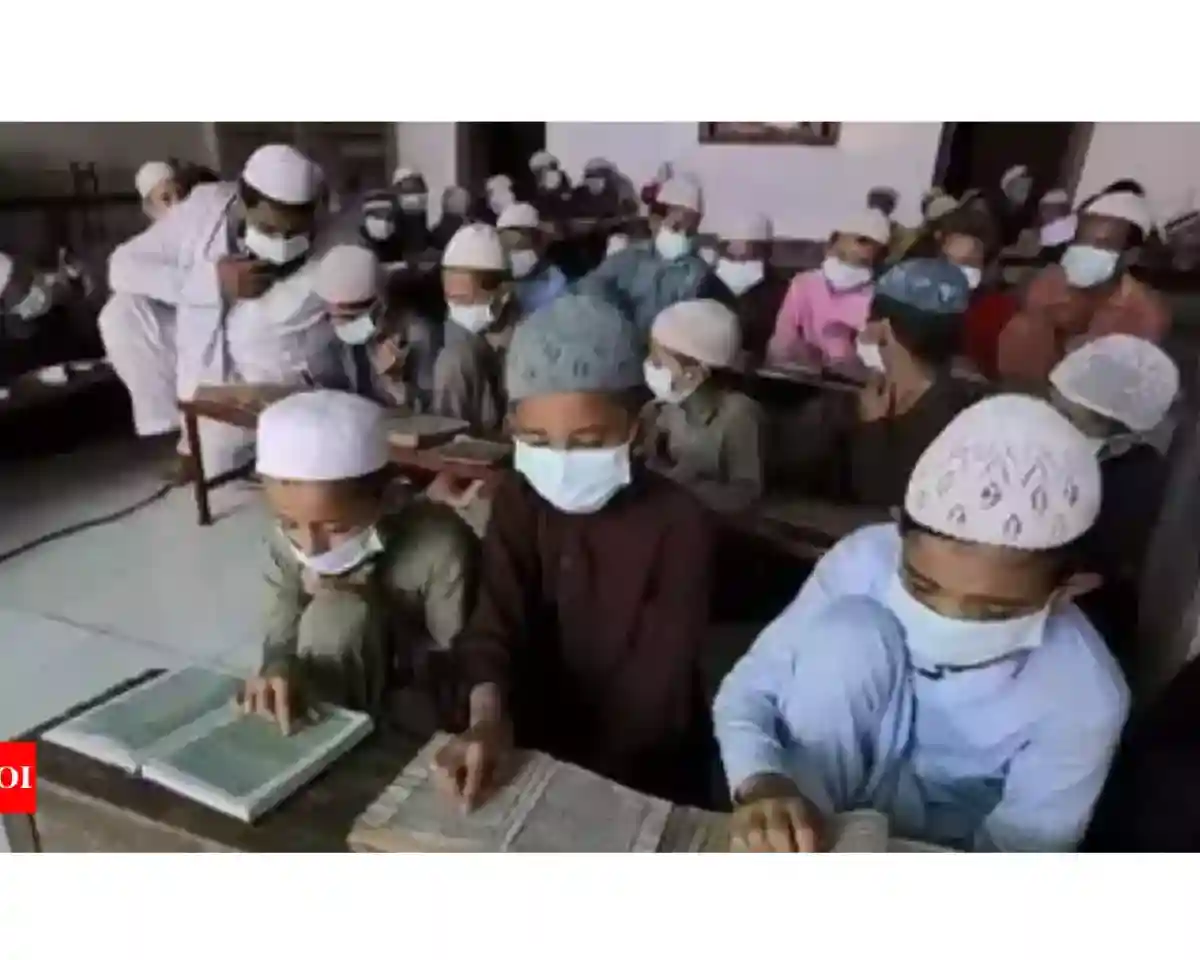The NCPCR has suggested that all states and Union Territories stop providing funds to Madrasa Boards and eventually close them down. NCPCR Chairman Priyank Kanoongo has written a letter to Chief Secretaries of states and Union Territories recommending that non-Muslim students in madrasas should be transferred to regular schools as per the 2009 Right to Education (RTE) Act.
The suggestions are derived from an extensive report that was compiled following an examination of the educational circumstances of Muslim children. Kanoongo stated that the objective of this report is to establish a plan to guarantee that every child in India is raised in a secure and beneficial atmosphere, ultimately aiding in the country’s development.
The purpose of the report is to help us develop a detailed plan that will guarantee every child in the country is raised in a secure, thriving, and beneficial setting. The letter stated that through this action, they will be able to positively contribute to the process of nation-building in a comprehensive and significant manner. In a conversation with IANS, Priyank Kanoongo stated that the commission has examined this matter for nine years, investigating how children belonging to the Muslim community are denied school education because of madrasas, outlining the infringements on their rights.
We have forwarded a report to the Chief Secretaries by letter, asking them to shut down the Madrasa Boards in their states. The Madrasa Boards have not fulfilled their intended purpose since their establishment. Presently, there are more than 1.25 crore children attending madrasas that are not affiliated with the Madrasa Boards. He also informed IANS that Madrasa Boards receive government funding and cater to 1.9 to 2 million children, which includes non-Muslim Hindu children, in order to give the appearance of educational assistance. The NCPCR, founded in accordance with the CPCR Act of 2005, has the responsibility of protecting the rights of children throughout India.

